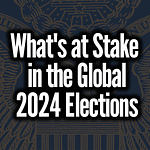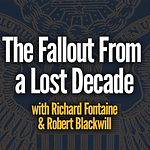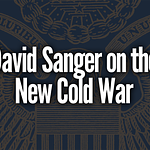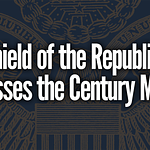While Eliot is on travel Eric welcomes LTG Sami Sadat whose poignant op-ed in the New York Times in August 2021 about the fall of Afghanistan described his personal feelings of betrayal by the US. He is a major figure in the National Geographic documentary Retrograde now airing on Disney+. They discuss the Biden Administration's recent "Interim Report on Lessons Learned from the Afghanistan Withdrawal" and the contrast between it and the report of the Special Inspector General on Afghanistan, the relative responsibility of the Trump and Biden Administrations, the flaws in the Doha Agreement and the role that contractors played in sustaining Afghan National Security Forces. They also discuss the current humanitarian disaster in Afghanistan and the country's future prospects.
Lt. Gen Sami Sadat's 2021 Op-Ed:
https://www.nytimes.com/2021/08/25/opinion/afghanistan-taliban-army.html
Biden Administration Interim Report the Afghanistan Withdrawal:
https://www.whitehouse.gov/wp-content/uploads/2023/04/US-Withdrawal-from-Afghanistan.pdf
SIGAR Report on the Afghan Security Forces Collapse:
https://www.sigar.mil/pdf/evaluations/SIGAR-23-16-IP.pdf
Retrograde Official Trailer:
https://www.youtube.com/watch?v=CufeaxpsTTQ
1208 Foundation Website:
https://www.1208foundation.org/
Learn more about your ad choices. Visit podcastchoices.com/adchoices






















It's Our Country, We Want it Back